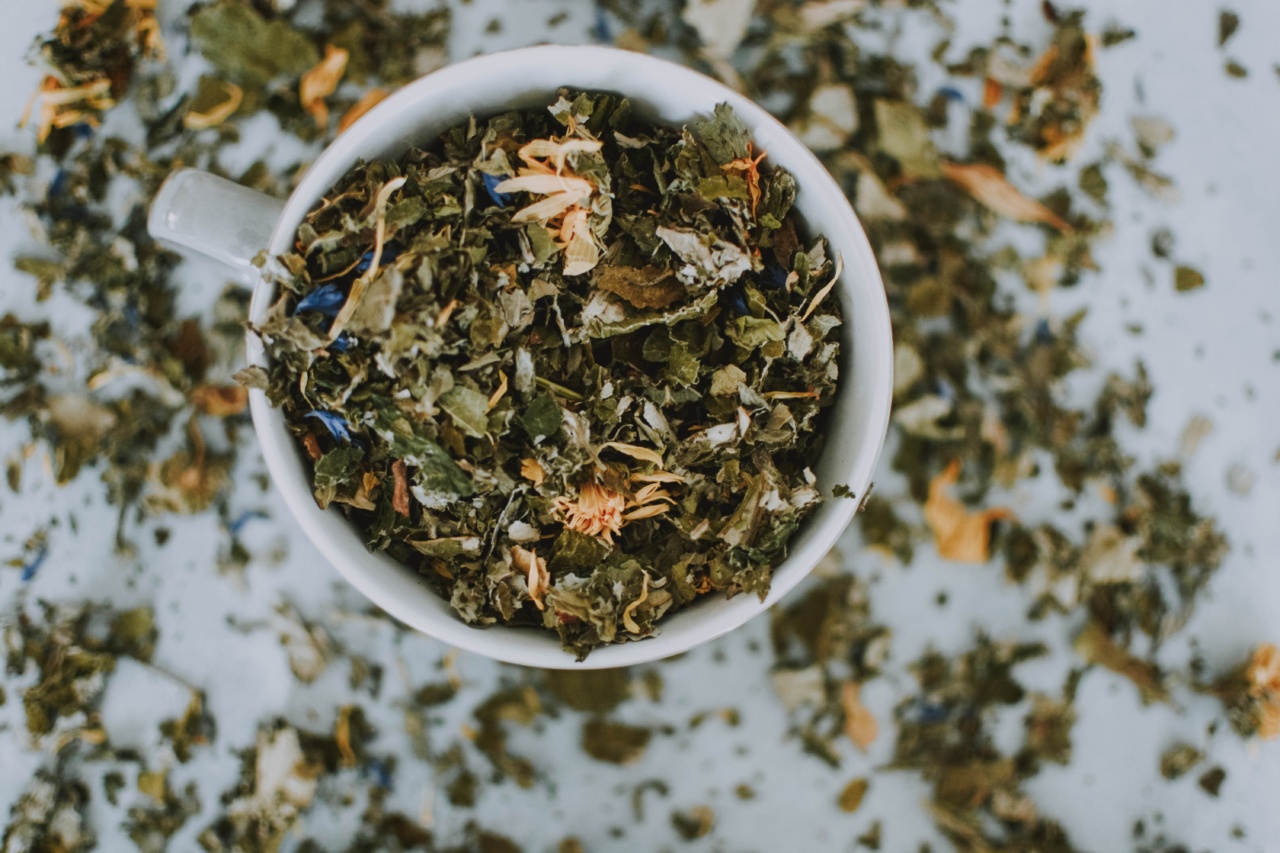High blood pressure, commonly known as hypertension, is a common health condition. It affects millions of people worldwide and can lead to severe health complications if left untreated.
While there are medications available to lower blood pressure, many people prefer to use natural remedies such as herbs to manage the condition. In this article, we’ll look at the top 10 natural herbs for lowering blood pressure.
1. Garlic
Garlic is a popular herb used in cooking and has been shown to possess numerous health benefits. Its ability to lower blood pressure is one of its most notable benefits.
Garlic contains a compound called allicin, which is responsible for its blood pressure-lowering effects. Studies have shown that consuming garlic can lower blood pressure levels by up to 10%.
2. Hawthorn
Hawthorn is an herb that has been used for centuries to treat various health conditions, including high blood pressure. It works by relaxing blood vessels, which in turn lowers blood pressure.
Studies have shown that hawthorn can lower both systolic and diastolic blood pressure levels.
3. Cinnamon
Cinnamon is a popular spice commonly used in cooking. It has been shown to have numerous health benefits, including the ability to lower blood pressure. Cinnamon works by relaxing blood vessels and improving blood flow.
Studies have shown that consuming cinnamon regularly can lower systolic blood pressure by up to 5 mmHg.
4. Ginger
Ginger is a root that is commonly used in cooking and has been shown to have numerous health benefits. It works by improving blood flow and reducing inflammation, which can lead to lower blood pressure.
Studies have shown that consuming ginger can lower both systolic and diastolic blood pressure levels.
5. Cardamom
Cardamom is a spice commonly used in Indian cuisine and has been shown to possess numerous health benefits. It works by improving blood flow and reducing inflammation.
Studies have shown that consuming cardamom can lower both systolic and diastolic blood pressure levels.
6. Turmeric
Turmeric is a spice commonly used in Indian cuisine and has been shown to have numerous health benefits. It works by reducing inflammation and improving blood flow. Studies have shown that consuming turmeric can lower blood pressure levels by up to 17%.
7. Bacopa
Bacopa is an herb commonly used in Ayurvedic medicine and has been shown to possess numerous health benefits. It works by reducing stress and anxiety, which can lead to lower blood pressure.
Studies have shown that consuming bacopa can lower both systolic and diastolic blood pressure levels.
8. Valerian
Valerian is an herb commonly used for its calming effects. It works by reducing stress and anxiety, which can lead to lower blood pressure.
Studies have shown that consuming valerian can significantly lower both systolic and diastolic blood pressure levels.
9. Passionflower
Passionflower is an herb commonly used for its calming effects. It works by reducing stress and anxiety, which can lead to lower blood pressure.
Studies have shown that consuming passionflower can significantly lower both systolic and diastolic blood pressure levels.
10. Olive Leaf
Olive leaf is an herb commonly used in Mediterranean cuisine and has been shown to have numerous health benefits. It works by relaxing blood vessels and improving blood flow.
Studies have shown that consuming olive leaf can significantly lower both systolic and diastolic blood pressure levels.
Conclusion
High blood pressure is a common health condition that can lead to severe health complications if left untreated.
While there are medications available to lower blood pressure, many people prefer to use natural remedies such as herbs to manage the condition. The 10 herbs listed above have all been shown to possess blood pressure-lowering effects and can be a helpful addition to a healthy diet and lifestyle.






























